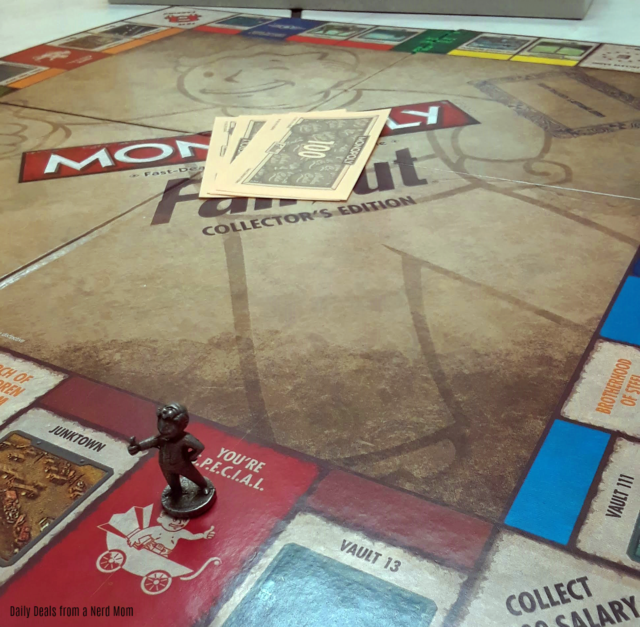Using Games To Teach Kids Valuable Money Lessons
People who were introduced to financial literacy and other social skills at an early age by their parents were more likely to be financially stable by age 25, unlike their peers who had not been exposed to the same conditions, according to a 20-year study by Pennsylvania University professors. “We need a national initiative about financial literacy to make sure the next generation is well equipped, and parents must set an example,” said Annamaria Lusardi, a professor at George Washington University as she insisted that parents must teach their kids about money. It is vital to educate them, but how can you convince your kid to save for the future when all they can think of is their favorite snack? One way for parents to teach their kids essential lessons about money is by making the process fun through targeted games.

When to start
In terms of development, children are capable of understanding the concept of saving by age 4, as found in research by the Consumer Financial Protection Bureau. Therefore, you need to introduce the topic of money as early as preschool, as advised by Neale Godfrey, CEO of Green $treet Commons, a company that develops financial games. She encourages you to begin talking about money as soon as your youngster starts saying, ‘I want.’ At this juncture, you can play games using coins, making sure that they learn to differentiate them by their value.
Using tech-based games
The world has changed, and today’s kids are digital-oriented, with some owning smartphones and gaming tablets before reaching preschool. Technology has advanced, and you can utilize it in many ways when teaching your kid about money. There are many free online games for your kids to play. Perry Pennies from the U.S Treasury Department teaches them to recognize coins while bolstering the concept of saving money. The goal is to gather more than $2 in 10 seconds by clicking on falling coins, a challenge that most players find interesting. Godfrey’s Green $treet Commons has a game that features iconic characters of Shrek as created by Tom Hester. The player will earn through doing eco-friendly activities such as using plastics to build things. Upon saving enough money, they can use it to free and feed endangered animals. Such a game, according to Godfrey, teaches them the importance of setting goals and the idea of charity and promotes environmental awareness.
Using board games
When asked by CBS19 News, most parents said that though it is part of the modern lifestyle, they fear to buy smartphones for their kids at an early age due to various proven risks. If you are such a parent, you can use board games to explain financial awareness, with a wide range of games to choose from. Take a case of Monopoly that teaches children to master cash circulation, plan for rainy days, and make property investments. Similarly, Payday lets players discuss and make decisions on how to divide their paychecks to meet bills and financial emergencies.
Given how vital money skills are in determining future success, it is sad that preparatory schools don’t offer this education. As a parent, you need to make it your responsibility to coach your children right from when they are young. Both online games and physical games work well because they make money lessons fun. Through them, your kids can learn vital financial lessons, including working, spending, saving, budgeting, and making investments. These skills will play a huge role later in life when your children become independent.



Great post …It’s important to teach kids money value from childhood.
This is a wise idea to hook up the attention of kids. We all know kids love playing and the best way to teach them away is to do it in a fun way, great blog! I’m looking forward to more of your works.